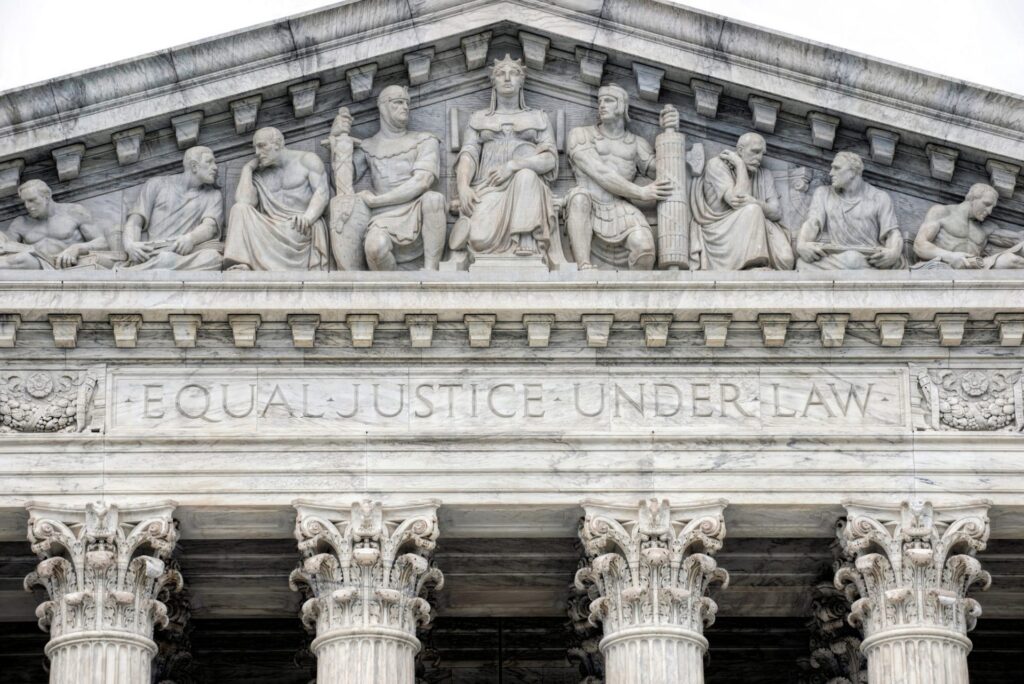A new legal article deals with an important issue that we discussed in our blog back in October, 2016: A Supreme Court case that dealt with implied consent crimes. In that case, Birchfield v. North Dakota, the Supreme Court of the United States was faced with a difficult decision – whether police could conduct a warrantless blood or breath test on drivers they suspected of operating under the influence (OUI) when a refusal was a crime. The law review article, however, focuses on how the Court’s decision relies on a deep distrust of law enforcement.
Birchfield v. North Dakota
The Birchfield case involved two different OUI charges – one person was arrested for OUI in North Dakota, but refused to submit to a blood test, while another was arrested in Minnesota but refused to take a breath test. Importantly, in both of these states it’s a crime to refuse to take one of these blood alcohol content (BAC) tests.
The Supreme Court heard these cases and decided that, when it was a crime to refuse the tests, it violated the Fourth Amendment to conduct a warrantless blood test, but was okay to do a warrantless breath test. The crux of its decision was based on a person’s expectation of privacy: Blood testing was more invasive than a breath test, gathered far more information, and was more readily storable.
However, a new law review article uncovers a different facet to this rationale.
Anxiety and Distrust of Law Enforcement
The article, which will be published in the American Criminal Law Review but is available online, focuses on the passage in the Supreme Court’s Birchfield opinion that stresses how a blood sample in the hands of law enforcement “may result in anxiety for the person tested” because of the possibility that police will abuse their powers and use it later for an unrelated purpose. The Court even admits that this anxiety persists even when law enforcement is actively prohibited from using the blood sample.
This kind of statement by the Supreme Court is a watershed moment because it serves as an admission that trust in our nation’s law enforcement is at an all-time low and that the justice system needs to start taking measures to rein in the abuse of police power. In Birchfield, those measures involved preventing police from forcing someone to provide a blood sample or face criminal prosecution.
Maine Criminal Defense Attorney William T. Bly
We’re at a time when the police and other law enforcement officers are trusted by very few people. This lack of trust is not an accident, though. Police overreaching and abuse of power have become commonplace.
This is just one more reason why it’s so important to have a solid criminal defense attorney at your side if you’ve been arrested for a crime or charged with OUI in Maine. By hiring criminal and OUI-defense attorney William T. Bly, you can rest assured that your rights will be protected from overzealous law enforcement officers. Contact him online or call his law office at (207) 571-8146.


